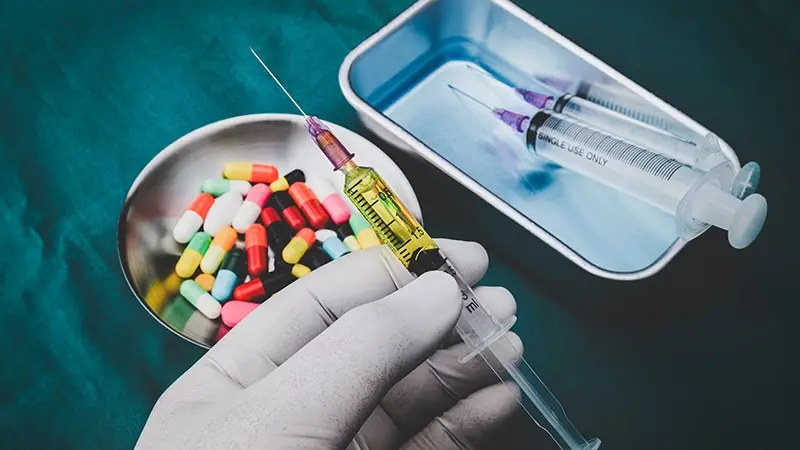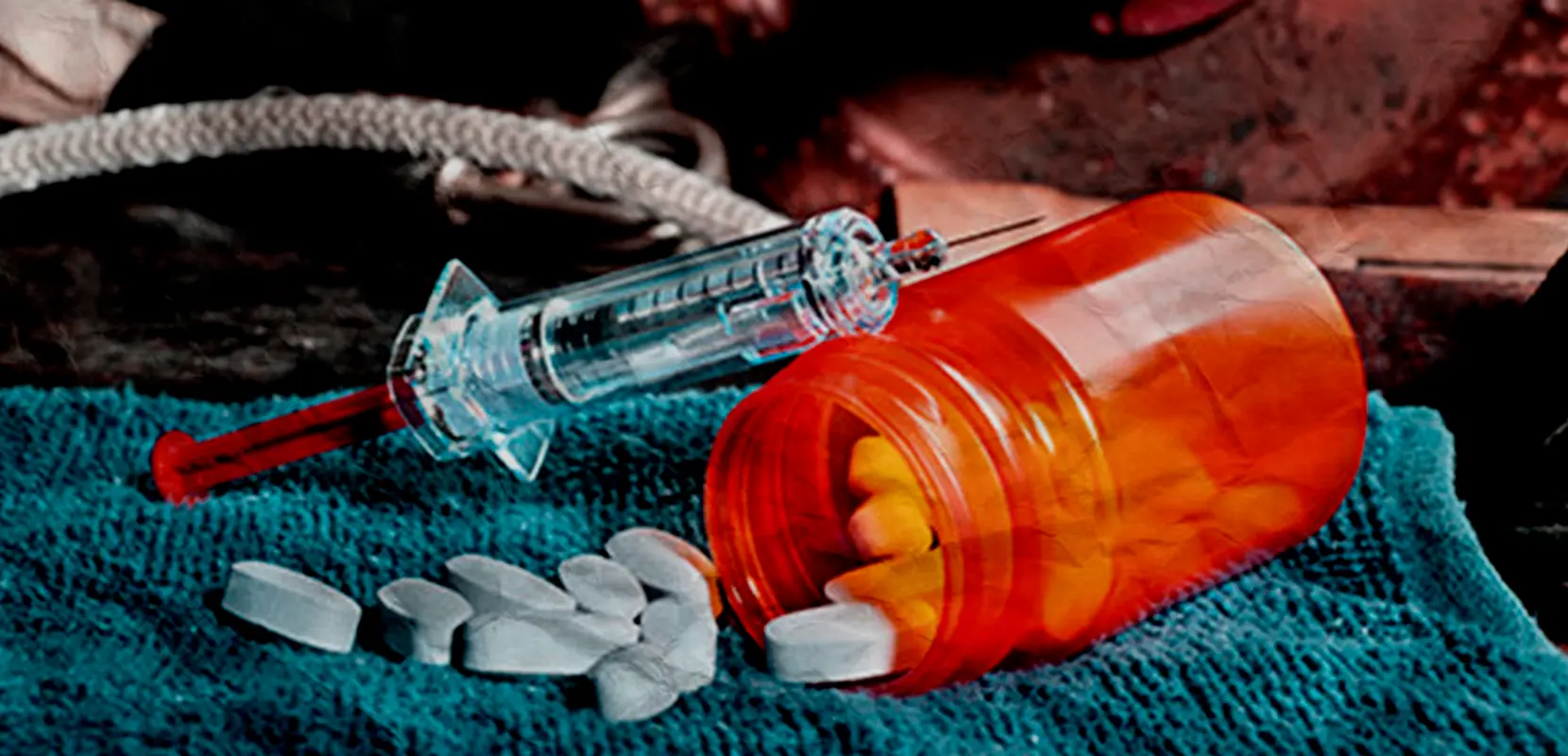Steroids have been intertwined with the culture of sports, shaping perceptions and practices around athletic performance enhancement. The advent of modern sports introduced an era in which physical prowess is as much commoditized as it is celebrated, setting the stage for a relentless pursuit of success. This pursuit has often led athletes to seek out shortcuts, culminating in the use of performance-enhancing drugs (PEDs), with anabolic steroids being some of the most notorious. They mimic testosterone, building muscle and boosting endurance, thus providing users with a competitive advantage.
However, the use of steroids is not without consequence, affecting the body’s physiology and potentially causing long-term health impacts. While athletes may experience increased strength and stamina, these benefits come at a cost, including a range of health complications like hormone imbalances, cardiovascular issues, and psychological effects such as aggression and addiction. Beyond health concerns, the integration of steroids into sports raises complex legal and ethical questions, leading to strict regulation and testing protocols in professional sports leagues and associations.
Quick Summary
- Steroids enhance athletic performance but carry health risks.
- They trigger complex legal and ethical discussions within sports.
- Regulation and testing are critical in professional sports to address steroid use.
Physiology of Steroids

Anabolic-androgenic steroids (AAS) are synthetic derivatives that mimic the physiological effects of testosterone, the primary male sex hormone, on the body. Understanding how they interact with the human system provides insight into their use in sports for muscle growth and performance enhancement.
Hormonal Effects of Anabolic Steroids
Anabolic steroids function similarly to testosterone, promoting an increase in protein synthesis within cells, particularly in skeletal muscle. Androgens such as testosterone and synthetic anabolic steroids like testosterone cypionate and testosterone enanthate bind to specific receptor sites on muscle cells, leading to the upregulation of genes responsible for protein building. These effects not only encourage muscle fiber growth but also assist in the development of characteristics often associated with masculinity, such as increased body hair and a deeper voice.
AAS can also influence secondary sexual characteristics through their androgenic effects. This includes the aforementioned traits as well as others like increased aggressiveness and sex drive. Other commonly used AAS include nandrolone decanoate, a less androgenic steroid favored for its muscular endurance and recovery benefits.
Metabolism and Bioavailability
The route of administration for anabolic steroids significantly impacts their metabolism and bioavailability. Oral forms undergo extensive first-pass hepatic metabolism, which can lead to liver damage over time. On the other hand, injectable steroids like testosterone undecanoate bypass the hepatic system, leading to a greater bioavailability and a prolonged effect.
Once in the bloodstream, AAS are metabolized by various enzymes into metabolites that can either enhance the drugs’ anabolic actions or contribute to their androgenic side effects. The body actively attempts to maintain hormonal balance, and the use of exogenous anabolic steroids can suppress the natural production of hormones like testosterone, necessitating awareness regarding the renal and hepatic health.
To maintain muscle tissue, supplements like human growth hormone (HGH) and creatine are speculated to work synergistically with AAS, potentially increasing lean body mass and strength. However, the efficacy and safety of combining these substances should be evaluated on an individual basis.
Application in Sports

The application of steroids in sports has significantly impacted athlete performance and prompted a complex system of regulations to maintain fair play.
Steroid Use in Professional Sports
Athletes turn to steroids, specifically anabolic-androgenic steroids (AAS), in professional sports to enhance their power and strength, crucial aspects in competitive environments. Olympics and major leagues like the NFL (National Football League), NBA (National Basketball Association), and NHL (National Hockey League) have reported instances of steroid use. While athletes may see short term benefits in athletic performance, the use of these Schedule III drugs carries significant health risks and ethical concerns.
- Olympic Games: Steroids have been used by some competitors seeking to improve their physical capabilities beyond their natural limits.
- NFL & MLB: Use of performance-enhancing drugs (PEDs) has been documented, leading to suspensions and fines for several athletes.
Doping Regulations and Enforcement
The International Olympic Committee (IOC) and the World Anti-Doping Agency (WADA) are key players in fighting steroid abuse through extensive doping regulations and enforcement mechanisms. Their comprehensive lists of banned substances are aimed at curbing the use of performance-enhancing drugs in sports.
- WADA: Oversees global anti-doping regulations and publishes an annual Prohibited List.
- Doping Controls: Stringent drug testing before and during competitions to detect banned substances.
Professional sports leagues and international competitions adhere to regulation policies and conduct their own enforcement, disqualifying athletes who fail drug tests and imposing penalties that reflect the gravity of doping offenses.
- Enforcement Examples:
- Olympic athletes face bans from multiple games.
- NFL players may receive game suspensions and fines.
Health Impacts of Steroid Use

Anabolic-androgenic steroids (AAS) yield both appearance and performance enhancements but carry significant health risks, manifesting differently in the short-term vs. long-term and across various demographics.
Short-Term and Long-Term Side Effects
Short-term side effects of AAS use include:
- Acne and oily skin
- Increased risk of arrhythmia and stroke
- Mood swings leading to anxiety, insomnia, and depression
- In males: gynecomastia (development of breast tissue) and testicular atrophy
Long-term side effects can be more severe, including:
- Infertility and changes in libido
- Heightened risk of prostate cancer
- Virilization in females, such as deepening of the voice and hirsutism
- Persistent mental health problems
Specific Risks in Different Populations
Recreational users, including bodybuilders, may undertake cycling to try to minimize side effects, but risks such as hormonal imbalance and lasting organ damage remain.
Clinical populations using steroids for medical reasons may encounter:
- Adverse effects on growth and development
- Alterations in estrogen and other hormone levels, necessitating careful supervision
References
Psychosocial Aspects of Steroid Use

The use of steroids in sports has complex psychosocial dimensions, influencing athletes’ mental health and shaping societal views on athleticism and doping.
The Psychology of Doping and Addiction
Athletes may resort to steroids for improved performance, often underestimating the risk of psychological dependency. Doping, the use of performance-enhancing drugs like anabolic steroids, can lead to a cycle of addiction due to the positive reinforcement of enhanced appearance and athletic capability. The psychological pull is strong, as the initial success and gains can be significant, making it challenging for athletes to cease use. Instances of depression and anxiety have been noted during withdrawal and recovery phases, which necessitates a comprehensive approach to treatment that addresses the mental aspect of steroid dependency.
Societal Perception and Athlete Motivation
Societal views on steroid use are often negative, branding athletes who dope as cheaters, which affects their public and professional reputations. The motivation for athletes to use steroids can be deeply rooted in the desire for an imposing appearance, increased size, and superior athletic performance, often driven by external pressure to meet certain standards in bodybuilding and sports. This societal pressure can amplify the psychological stress experienced by athletes, contributing to a heightened risk of addiction and associated mental health issues.
Legal and Ethical Considerations

Legality and ethics in sports steroid usage involve stringent regulation and medical protocols. These govern the way steroids are prescribed, used, and monitored to mitigate health risks and uphold fairness in sports.
Steroid Regulation and Schedule
Steroids fall under Schedule III of the Controlled Substances Act in the United States, a category indicating a potential for abuse, alongside accepted medical uses that may lead to moderate or low physical dependence.Prescription of steroids for clinical uses, such as testosterone replacement therapy, is legal when administered by physicians with a valid medical purpose. The dosage and duration must be carefully managed to align with therapeutic goals and to minimize health effects.
Medical Oversight and Responsibilities
Physicians carry the responsibility to oversee steroid prescriptions in a clinical setting, ensuring they are used solely for legitimate medical conditions such as hormone deficiencies. The illicit use of steroids without medical supervision can result in significant health risks. Medical professionals must adhere to ethical standards, which include not prescribing steroids for performance enhancement due to the long-term health effects, which can be severe.
References
Frequently Asked Questions

In this section, queries regarding the role of steroids in sports, the arguments concerning their regulation, and their implications on professional sports are addressed.
What are the reasons behind the prohibition of steroids in athletic competitions?
The prohibition is primarily due to the health risks involved and the unfair advantage steroids can provide. Authorities consider the use of performance-enhancing drugs as contrary to the spirit of fair play.
What are the arguments for and against the legalization of steroids in sports contexts?
Those in favor of legalization suggest it would level the playing field and allow informed adults to make their own choices. Opponents argue that this would pose health risks and undermine the integrity of sports.
In which sports disciplines is the usage of steroids most prevalent?
Steroid usage is most commonly associated with bodybuilding, weightlifting, and track and field, but it has been detected in numerous sports across the competitive spectrum.
What are the potential benefits and drawbacks associated with steroid usage in athletes?
Benefits can include increased muscle mass and recovery speed, contributing to enhanced performance. Drawbacks involve serious health risks like heart disease, liver damage, and hormonal imbalances, as well as possible disqualification from sport.
How have steroids historically impacted the world of competitive sports?
Steroids have led to numerous scandals, affecting the public perception of various sports, and have forced governing bodies to implement stricter drug testing and regulations.
What regulations and rules govern the use of steroids in professional sports?
Professional sports are governed by rules set by international bodies like the World Anti-Doping Agency (WADA), which provides a list of prohibited substances and oversees drug testing protocols.
Dr. Grant Fourie, a specialist in male hormones, is based in Cape Town, South Africa. He provides comprehensive treatments for conditions related to low testosterone, such as erectile dysfunction, fatigue, and mood changes. His methods include hormone replacement therapy and other modern treatment options.
Contact me via email or phone to book personal appointment in my clinic: The Village Square, Cape Town - South Africa



